#america latina
Text
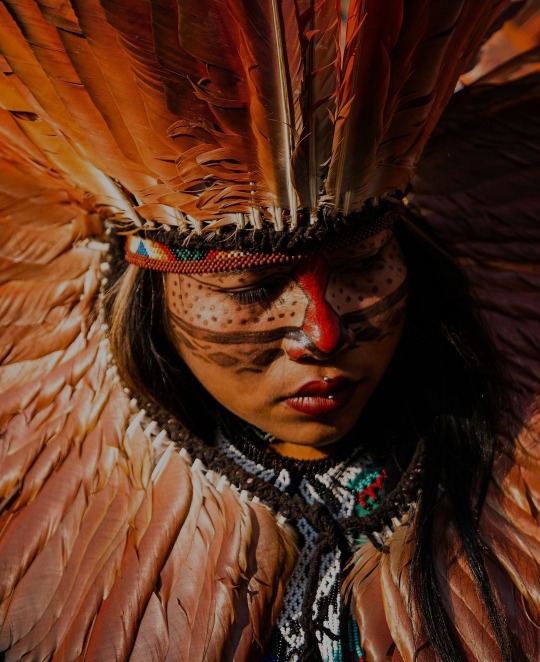
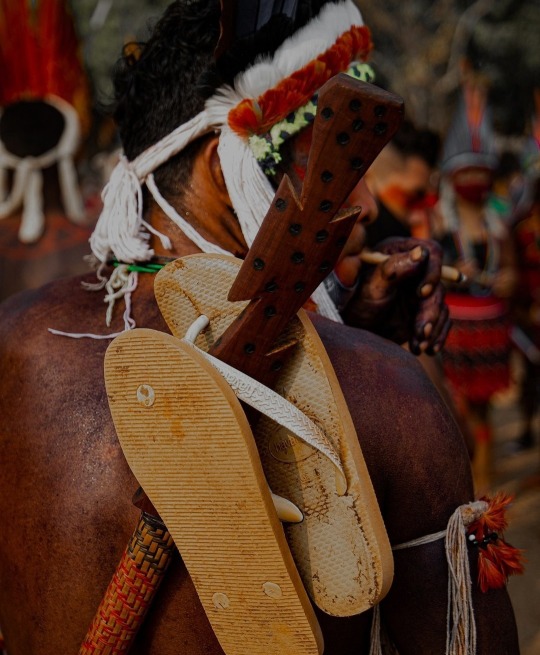
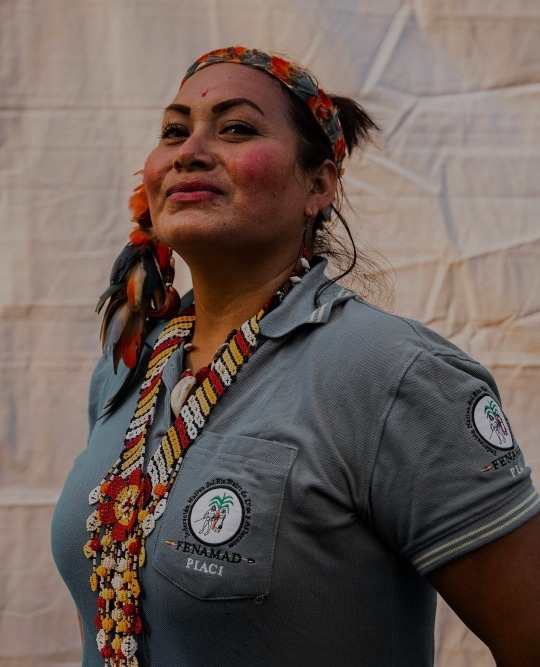

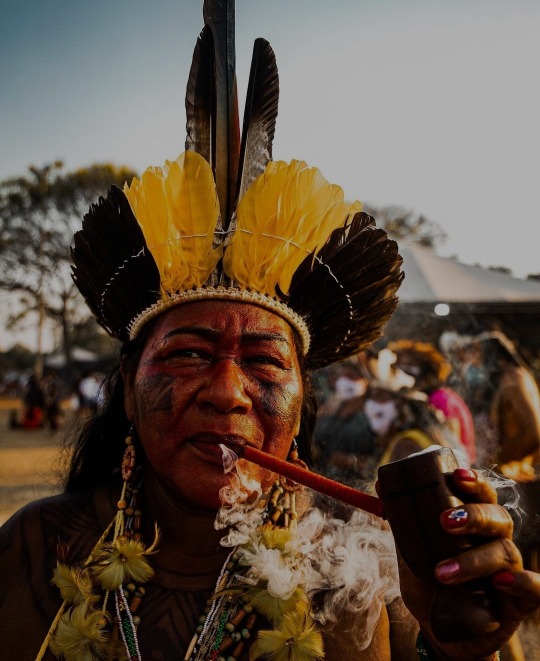
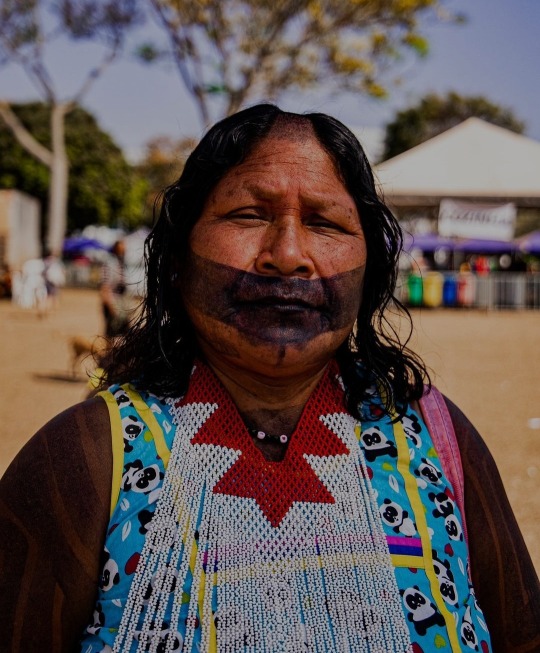


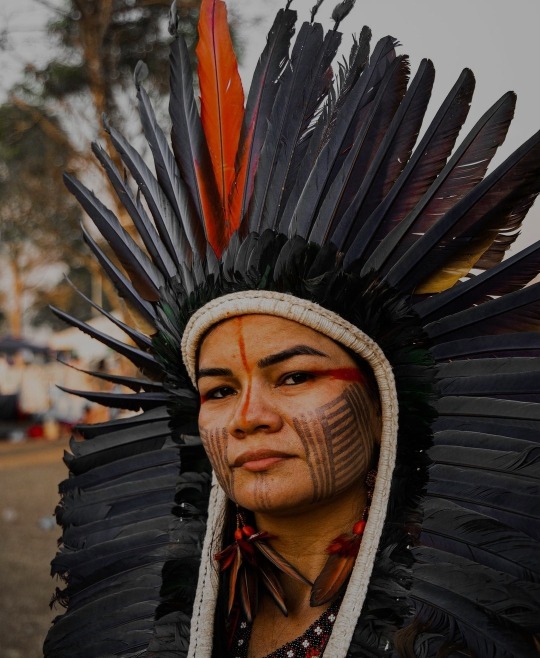

Marcha das Mulheres Indígenas, Brasília, 2021 🏹
#brasil#brazil#photography#women#indigenous issues#indigenous women#indigenous rights#indigenous people#indigenous#native women#native american#first nations#latin america#america latina#latinoamerica#meus posts
8K notes
·
View notes
Text
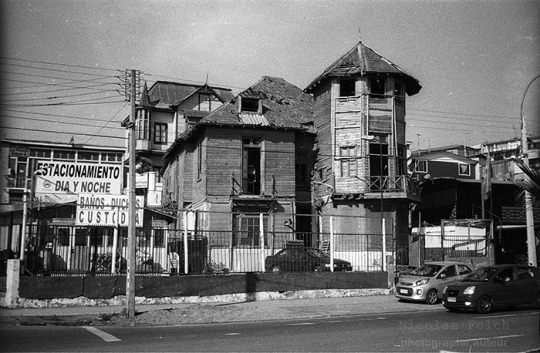
ruinas estacionadas, Cartagena, Chile.
#chile#analogue photography#cartagena#house#america latina#urban#portfolio#human#street photography#fotografía análoga#fotografia callejera#black and white photography#bnwmood#blanco y negro#city#35mm#bnw society#film photography
475 notes
·
View notes
Text

#Rio de Janeiro#Brasil#Brazil#Latin america#America latina#latinoamerica#latino america#Rio sul#carioca#rj#021#rio
298 notes
·
View notes
Text
meu coração está com os nossos irmãos argentinos. tenham força, esperança, e se organizem. se nós sobrevivemos ao verme do bolsonaro, vocês sobrevivem ao milei.
56 notes
·
View notes
Text
Begging gringos (and some latin-americans descendants who were born and grew up outside America Latina) to learn somethings.
There's no such thing as "white passing Latino" unless that person is indigenous.
Stop saying that you're not white because you're Latino, you are white. You're not a victim of racism for being Latino, you're affected by xenophobia.
Latino it's not a race.
If one of your parents is Latino and the other is not you're not "half Latino and half white/black/asian/brown etc" you're whatever race you are AND LATINO, you're both, the entire thing, no half.
Latinos aren't mixed or biracial for being Latino and white/black etc.
Latino it's A CULTURAL IDENTITY, an attachment we have to the country we came from. And that country HAVE TO BE PART OF AMERICA LATINA.
French, Italians, Spain people, THEY'RE NOT LATINO. (I can not believe I have to say this) yes, Latino have this linguistic meaning of people who speak a latin language and that includes french and Italian, but no one use the word in that sense most of the time. Latino it's a cultural identity related to only America latina.
PEOPLE FROM SPAIN AREN'T LATINOS, they're Hispanic, Wich is also not a race and does not make white Hispanics less white. Hispanic are people who are born in spanish-speaking countries, that's it.
For the mother of god STOP SAYING LATINX. Not only is completely useless when you're speaking in English since the English language ALREADY HAVE A NEUTRAL FORM OF SAYING LATINO (literally "Latin"), but also not even inside America Latina with our languages we say "Latinx" since people with Dislexia here often have a problem pronouncing and reading that. Insisting In the use of that is ableist and stupid. Either say "Latin" or "Latine"
NOBODY LOOKS LATINO, we don't have "Latin phenotypes", you could show me a picture of a Chinese family, tell me they're Brazilians and I would believe in you because that's how diverse america latina is, no one look Latino.
Doing this list because I was reading ultimate Spider-Man and miles called himself "Half Hispanic" and that pissed me off because he said that as a response of someone saying that he's black. As if this would make him less black or half black and he's both black and Latino, no halfs.
#latino#latin america#gingo#gringos#latinos#latine#latinx#america latina#hispanics#tired#I'm brazilian
73 notes
·
View notes
Text
argentina made a huge mistake today
52 notes
·
View notes
Note
Is Latino not an ethnicity????
It isn't (and it isn't a race either). Latinidad is a political identity with some sociological, cultural and historical background. What it does not have -and I cannot stress this enough- is shared genetics/common ancestry which is how I see it most referred.
Here's the definition of ethnicity from Wikipedia:
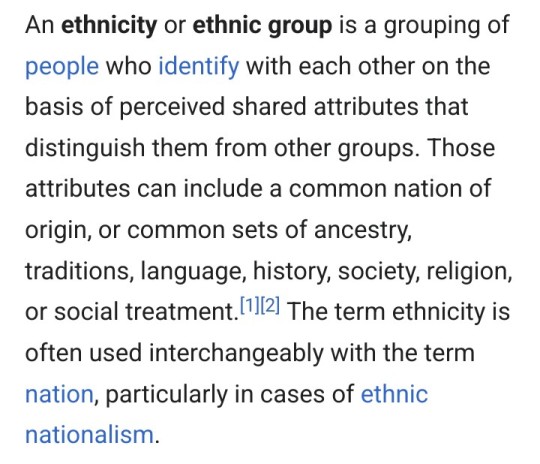
And to use roughly the same source, here's the Wikipedia disaggregation of Latin America today (which ofc I have issues with lol I'm not missing the irony of telling you "Latin America is sooo diverse" while using the "Asian" category, but I need to make do:
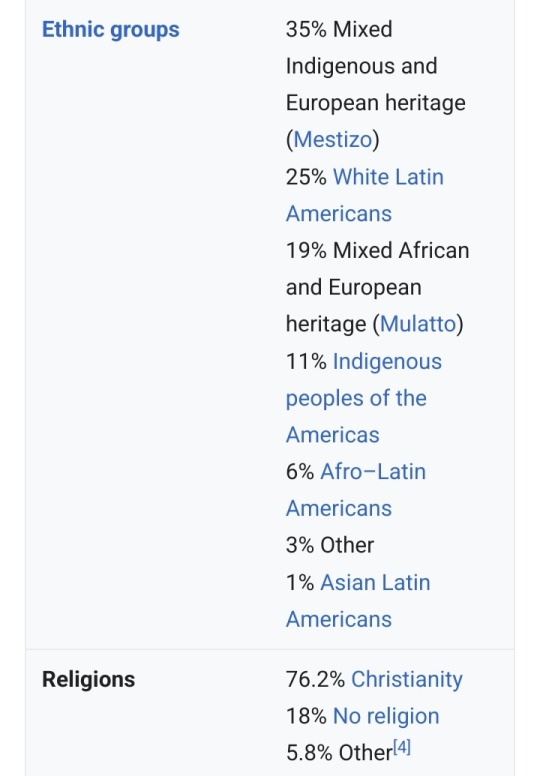
See what I'm getting at?
Let's continue, you can say "well I didn't mean genetics, I meant everything else"
Okay language:
Latin America includes hundreds of native languages like Quechua, Mayan, Guaraní (oficial language of Paraguay!), Aymará or Nahuatl, and always has! Without counting the beautifully mixed and improved Spanish, Portuguese (which I called Brasilero for years as a kid lol) and French, or even later additions like Welsh, Japanese, Chinese or Arabic from immigrant clusters that still speak it or are currently arriving into the continent.
So language isn't it either.
I don't even need to get into traditions c'mon look at Carnaval in Brasil, día de los muertos in Ecuador, an 9 de julio in Argentina and tell me those are all the same. Look at empanadas, tacos, humitas, pizza brasilera, tequeños, asado, sudados, etc
Religion? Argentina alone has the second biggest Islamic and Jewish populations in America after the US. Sure Christianity is paramount given the invasion and imposition by Catholic monarchies by the Spanish and Portuguese, but to say it's the only religion is to spit in the face of again, hundreds of native people's whose religions have been systematically erased since 1492. It is also quite reductive to only take institutionalised religions as valid forms of worship, or to ignore the fact that most Catholicism here would give European orthodox Catholics a stroke.
Now, history and social treatment, here's where the good stuff is.
Independencias:

These all look super different but these are processes and most of them took place in the first 3 decades of the 1800s so they're not that far off. These were carried out with an idea of hermandad. They used to be virreynatos under the same rule, we (patriotas) were all getting independence from the same monarch power (realistas). There was a lot of collaboration between administrations and armies. This was a decision from the leaders of the time, to seek strength in numbers.
The fact that we had to gain independence is a point of contact as well. At that time "patria" was understood as the desire to be independent, there were no neat lines to separate the territories. At this point in history you'll find lots of key people like San Martín, Juana Azurduy and Bolivar talking about "pueblos americanos" as a way to claim independence from imperialist/colonial European rule. (Brasil had a different history with the Portuguese court moving there)
The term Latin America or Latinoamérica came by a little later, the earliest it's been found used is 1856 by a politician from Chile, as you can see, the context it is used in is purely political.
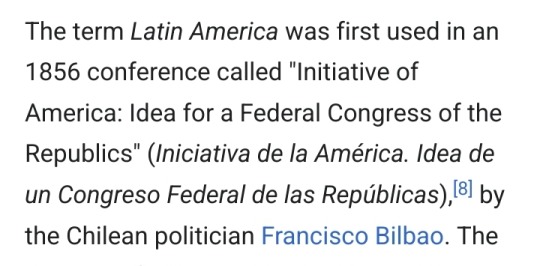
Historically, the term when used by Americans is heavily tied to a way to gather strength in solidarity for independence and rejection of foreign imperialist aspirations, from the United States, France, Spain, etc etc.
I think latinidad is in a way a self fulfilled prophecy, we were invaded and as such "unified" where before were hundreds of different peoples. We took that very same unification and made it ours, in part because the rest of the world insists on putting us all in the same bag (included with things like the School of the Americas in the 1960s-1980s where all of Latinamerica was deemed safer for the US to be ruled by genocidal military governments than democracies that smelled just a little communist. Spoiler! it wasn't safer for us who had to actually live under them)
I reject the idea of latinidad as an ethnicity because it stems from the idea of "la raza latina" which is very very racist ("latinos" were the white Europeans from Romance language countries aka Spain, Portugal, France and Italy, there was a clear hierarchy there usual to the era that still affects our social and economic framework). It's reductive and it pretends to obscure and muddle a very clear and deliberate political choice that is to identify as latinoamerican.
This also applies to the latin people who emigrate to the US and their descendants, both the ones fixing the lawns and the ones emigrating without need of a visa to work a stable 9-5. Even if it seems only the first ones get the name.
So what's latinidad? It's whatever we say it is, hope this helps ✌️
#asks#anon#i do wonder what brought the question on lol#mmine#america latina#latam#i rewrote this a million times#and it isn't even close to comprehensive but it is what it is#you'd need ten years of study to even begin to grasp latinidad if you don't have a life of it
50 notes
·
View notes
Text
TELEGRAMMA DEL PRESIDENTE PERTINI AI MILITARI ARGENTINI
« L'agghiacciante cinismo del comunicato col quale si annuncia la morte di tutti i cittadini argentini e stranieri scomparsi in Argentina nei tragici anni trascorsi sotto la dittatura militare, colloca i responsabili fuori dell'umanità civile. Esprimo lo sdegno e la protesta mia e del popolo italiano in nome degli elementari diritti umani, così crudelmente scherniti e calpestati ».
29 aprile 1983
---------
PROTESTA DEL GOVERNO ARGENTINO PRESSO IL GOVERNO ITALIANO
« Il governo della Repubblica Argentina esprime al governo della Repubblica Italiana la sua più energica protesta per le espressioni contenute nel telegramma rivolto dal signor presidente Alessandro Pertini alla giunta militare e le respinge fermamente nella loro integrità, in quanto esse sono lesive e rappresentano una evidente intromissione negli affari interni della Repubblica Argentina ».
3 maggio 1983
---------
RISPOSTA DEL PRESIDENTE PERTINI AL PRESIDENTE ARGENTINO GEN. BIGNONE
« Signor presidente, ho ricevuto il memorandum che ella mi ha fatto pervenire in seguito alla mia protesta ufficiale per i delitti contro vittime innocenti. Prima di tutto tra le vittime vi sono anche italiani: di qui il mio diritto a protestare. Secondo: l'Argentina ha firmato la Carta di San Francisco e quindi i suoi governanti devono rispondere innanzi al mondo intero di ogni loro violazione di diritti umani e civili. Inoltre mi chiedo stupito perché lei, uomo onesto e ufficiale integerrimo, voglia difendere ufficiali che con gravi misfatti hanno disonorato la divisa che lei porta con onore. Non mi interessa che altri capi di stato non abbiano sentito il dovere di protestare come ho protestato io. Peggio per loro. Ciascuno agisce secondo il suo modo di sentire. lo ho protestato e protesto in nome dei diritti civili e umani e in difesa della memoria di inermi creature vittime di morte orrenda. È tutta l'umanità che deve sentirsi ferita e offesa. Sono certo che nell'intimo del suo animo ha risonanza la mia umana parola, anche se per dovere di ufficio, acconsente che la sua diplomazia protesti per il mio legittimo e doveroso intervento ».
3 maggio 1983
---------
Documenti tratti da:
Piero Di Monte, Desaparecidos. Testimonianza di un superstite, a cura di Giulio Battistella, edizioni EMI, Bologna, ottobre 1983¹; pp. 63-65 (passim).
#Piero Di Monte#desaparecidos#leggere#testimonianze#libri#America Latina#Argentina#letture#citazioni#Sandro Pertini#Operación Cóndor#Guerra sucia#guerra sporca#Nunca más#Storia del XX secolo#documenti#testimoni#saggistica#CIA#crimini contro l'umanità#sudamerica#dissidenti politici#saggi#Processo di Riorganizzazione Nazionale#diritti umani#dittature#Reynaldo Bignone#Jorge Rafael Videla#Roberto Eduardo Viola#Orlando Ramón Agosti
110 notes
·
View notes
Text

Dia de muertos en Latinoamerica
47 notes
·
View notes
Text
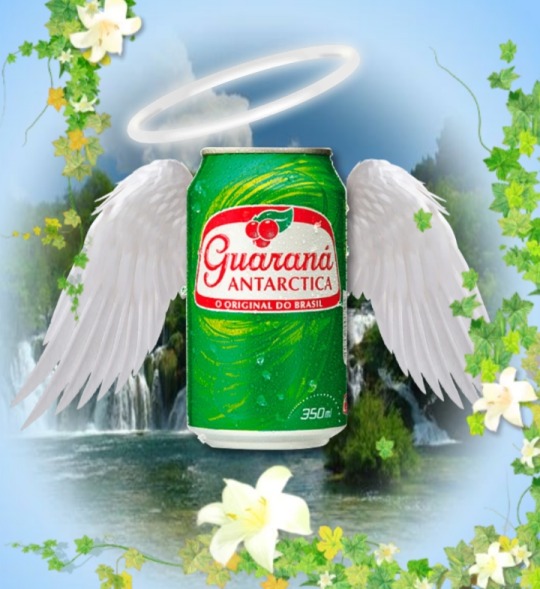
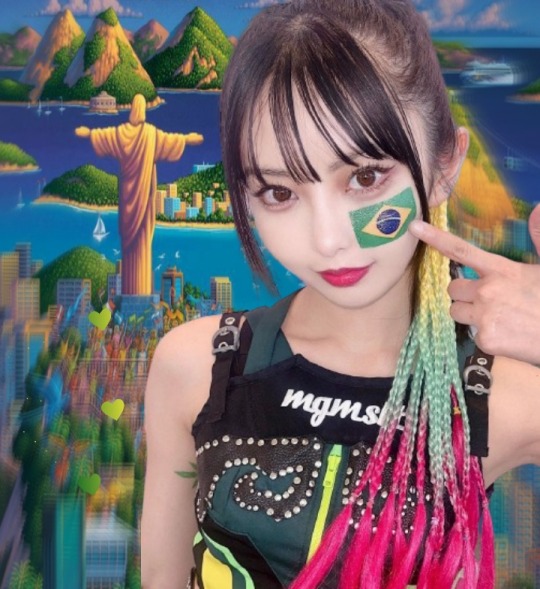
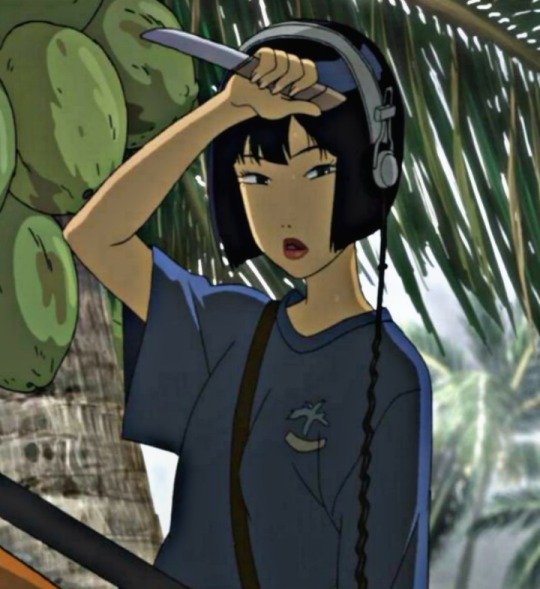
∘ ˚˳*🇧🇷♡ °✧‧₊˚🍍∘ ˚˳*∘ ˚˳*🌻♡ °✧‧₊˚🌊

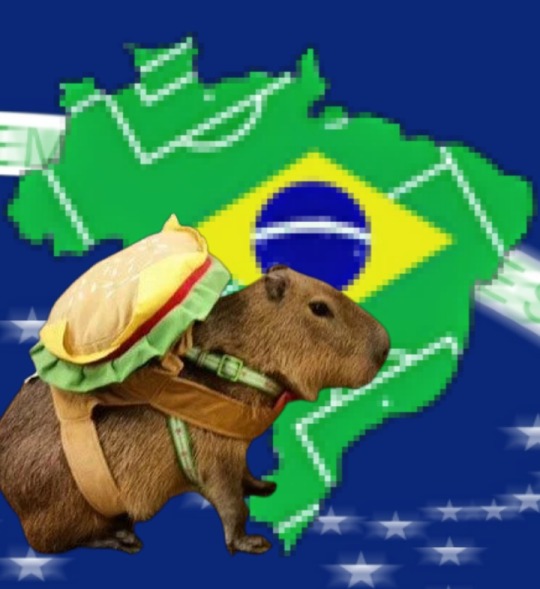
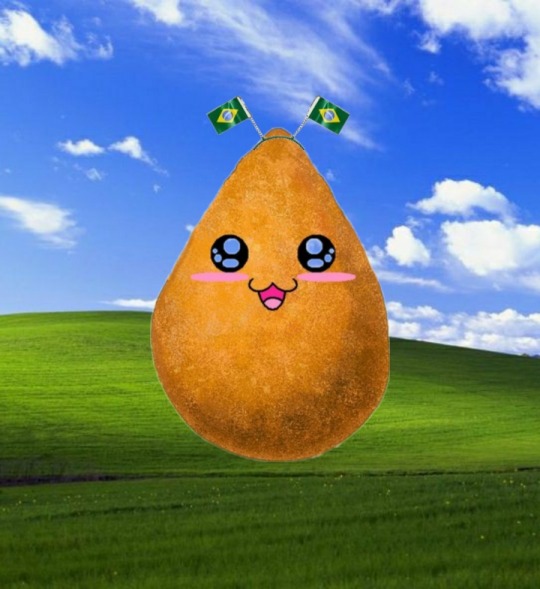
all images edited by me :) 🇧🇷
#ブラジル#brazil icons#brasil icons#brazil aesthetic#brasil aesthetic#welcome to brazil#guarana#coxinha#capivara#capybara#brazil#brazil moodboard#brazil messy#messy icons#aesthetic#america latina#south america#otaku#weebcore#alternative icons#green icons#yellow icons#blue icons
23 notes
·
View notes
Text

Igual te amo mi Latinoamérica!
353 notes
·
View notes
Text
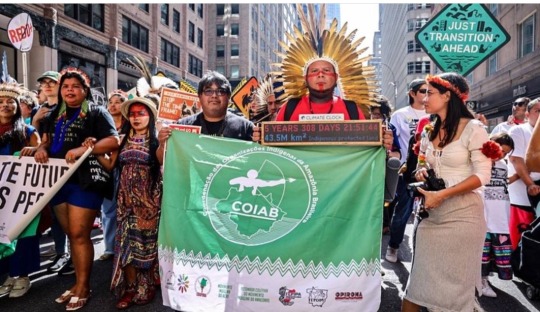
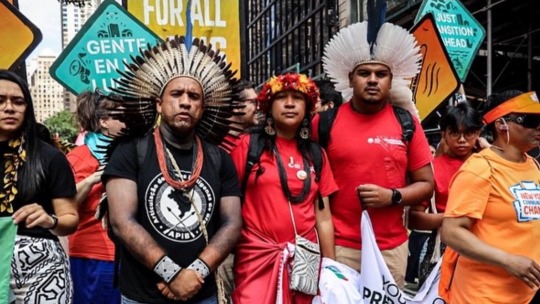
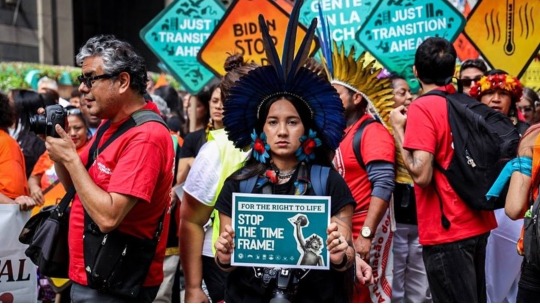
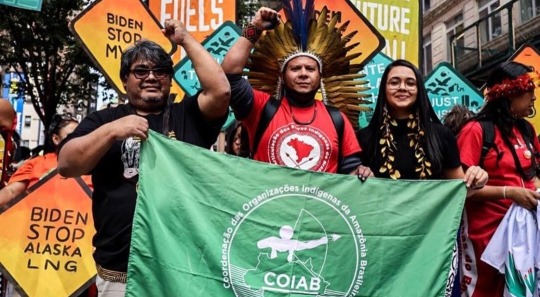
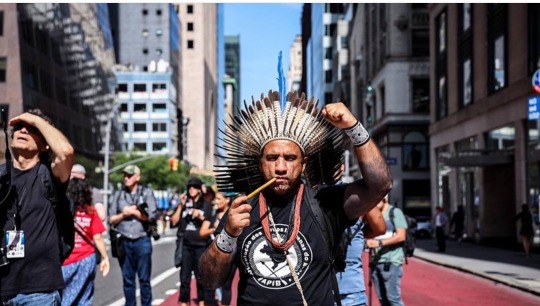
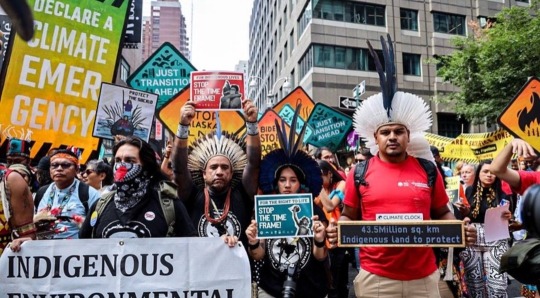
"Trial scheduled for September 20th at the Supreme Federal Court may determine the future of Indigenous Lands in Brazilian territory and be crucial for the global climate. The indigenous movement is mobilizing across Brazil, and an indigenous delegation from Apib is in New York during Climate Week to strengthen the international mobilization campaign in defense of Indigenous Lands rights."
"We are on the land, and the land is within us. If the land dies, we as indigenous peoples die."
The Articulação dos Povos Indígenas do Brasil (Articulation of Indigenous Peoples of Brazil — APIB) is calling for nationwide mobilizations this week and participating in the New York Climate Week to alert the world to the risks of the Supreme Federal Court (STF) judgment scheduled for September 20th. The court will vote on the legitimacy of the legal concept known as the "Temporal Framework," advocated by the Brazilian agribusiness, which could reevaluate Indigenous Land demarcations and impact global climate crisis mitigation efforts.
The Temporal Framework suggests that only indigenous people who can prove they were living on the land in 1988, the same year the Federal Constitution was created, should have rights to the land. This disregards the forced displacements of hundreds of indigenous groups who could only reclaim their traditional lands after Brazil's redemocratization in the late 1980s.
This week, the 15th edition of Climate Week is taking place in New York from September 17th to 24th, alongside the 78th Session of the United Nations General Assembly from September 19th to 23rd, which will feature a speech by President Lula during its opening. A delegation of 10 indigenous leaders is in New York to participate in Climate Week's activities. The international mobilization's goal is to emphasize to the world that the Temporal Framework is a threat to the lives of Brazil's indigenous peoples and could exacerbate the climate crisis, as Indigenous Lands serve as a reservoir of life on the planet.
Apib and its regional organizations are reinforcing mobilizations in territories, cities, and Brasília against the Temporal Framework on September 20th. The goal is to monitor the trial and strengthen the next steps of the indigenous movement's fight. The organizations within Apib mobilized over 220 protests in 21 states, including the Federal District, between May and June.
Five Supreme Federal Court (STF) justices are yet to vote in the trial. The current tally stands at four votes against the Temporal Framework thesis and two in favor. Justices Edson Fachin, Alexandre de Moraes, Cristiano Zanin, and Luís Roberto Barroso have expressed opposition to the agribusiness-backed thesis, while the only favorable votes came from justices appointed by former President Jair Bolsonaro, André Mendonça, and Nunes Marques.
On the same day as the STF vote, the Brazilian Senate attempts to put the Temporal Framework into law. The ruralist caucus in Congress seeks to create tension with the Brazilian judiciary since there is a possibility that the STF may invalidate the Temporal Framework thesis.
In addition to the Temporal Framework, Bill 2903 proposes other setbacks to the rights of indigenous peoples, such as the construction of highways and hydroelectric plants in indigenous territories without free, prior, and informed consent from affected communities. The proposal also aims to allow farmers to enter production contracts with indigenous people, violating the rights of indigenous peoples to the exclusive use of demarcated territories.
While some falsely claim that "there is too much land for too few indigenous people in Brazil," Apib counters that there is too much land for too few farmers and that agribusiness promotes the illegal invasion of indigenous lands. The entity asserts,
"There is no solution to the climate crisis without guaranteeing the rights of indigenous peoples and the demarcation of their territories."
Currently, nearly half of Brazil's land is in the hands of rural producers. Of the total land in the country, 41% corresponds to rural properties, 13.7% to indigenous lands, and 45.2% to other purposes, according to data published in the Official Gazette of the Union. Indigenous Lands are a guarantee of life for indigenous peoples and for all of humanity, which depends on the climate's future.
"As worsening climate crisis unfolds, many will be marked in history as accomplices to the new colonialism threatening the survival of us, indigenous peoples who inhabit the vast territory known as Brazil, and the future of all humanity because there is no solution to the climate crisis without the involvement of indigenous peoples," emphasizes Dinamam Tuxá.
Key activities of Apib during the 15th edition of Climate Week from September 17th to 24th:
On September 17th, Apib participated in the Climate Week march through the streets of New York in support of the Fight Fossil Fuel Strike. The indigenous delegation from Apib denounced the threat posed by the Temporal Framework thesis, highlighted the indigenous emergency situation concerning extractive industries and agribusiness that lead to multiple instances of violence in our territories. Additionally, as part of the Climate Week agenda, it's worth noting that Apib's executive coordinators Kleber Karipuna, Dinamam Tuxá, and other members of the indigenous delegation will participate in a talk on September 19th titled "FCLP: Rights, Participation, and Benefits for Indigenous Peoples and Local Communities in Forest Climate Financing," organized by the Forest and Climate Leaders Partnership. On September 22nd, a portion of the delegation will be present at a dialogue co-organized with H.E Razan Al Mubarak, the current president of the International Union for Conservation of Nature, to assess progress in the COP28 agenda with the aim of collectively identifying meaningful and respectful ways for Indigenous Peoples to engage in the COP.
About APIB
The Articulation of Indigenous Peoples of Brazil (Apib) is a nationally recognized entity within the indigenous movement in Brazil, created from the grassroots up. It brings together seven regional indigenous organizations (Apoinme, ArpinSudeste, ArpinSul, Aty Guasu, Conselho Terena, Coaib, and Comissão Guarani Yvyrupa) and was founded with the purpose of strengthening the unity of our peoples, fostering coordination among different regions and indigenous organizations across the country, as well as mobilizing indigenous peoples and organizations against threats and infringements on indigenous rights.
Support/donate to APIB
APIB Instagram page
APIB Website
#yara.txt#brasil#brazil#latin america#america latina#south america#brazilian politics#brazilian indigenous people#indigenous people#indigenous#native american#native women#first nations#ndn#ndn tag#ndn tumblr#latinoamerica#environmentalism#climate crisis#climate emergency#nature#naturism#naturist#anti capitalism#capitalism#anti colonialism#anti colonization#colonialism#colonization#neocolonialism
182 notes
·
View notes
Text
I still living in the 2010's

That's crazy
#fanboy and chum chum#nickelodeon#2010s#2010s nostalgia#childhood#latino america#america latina#pluto tv
10 notes
·
View notes
Text
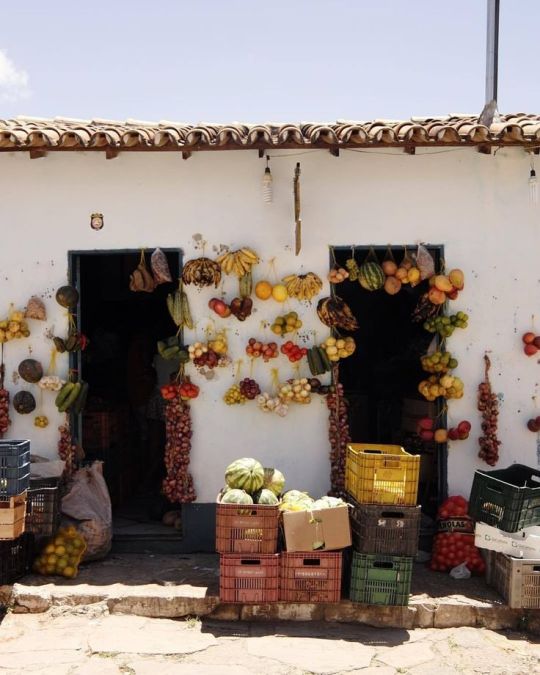
607 notes
·
View notes
Text




Love to see it: LatAm players congratulate Peruvians on getting a Peruvian character in Tekken 8.
#azucena#tekken#tekken 8#azucena tekken#fighting games#latam#america latina#latin america#peru#mexico#gamers#fgc#fgc being awesome
40 notes
·
View notes
Text


VENEZUELA DIMENTICATO
Sono trascorsi decenni dal mio soggiorno lavorativo in Venezuela, ma da allora ho seguito sempre con interesse le sorti di quel paese. Ho lasciato una terra ricca di risorse, che nonostante certi difetti da attribuire in generale all’America Latina, che si manifestavano già a quel tempo, mostrava il volto di una nazione in crescita, il cui sviluppo industriale sociale e culturale in atto faceva sperare in un futuro prospero. Il Venezuela si avviava a diventare una sorta di locomotiva per gli altri stati dell’area.
Invece non è stato così. Un giorno è tutto cambiato. E’ salito al potere, eletto peraltro dal popolo, un rappresentante della sinistra più spinta, simpatizzante del sistema cubano. A partire da Chavez, poi grazie al suo successore Maduro, il regime di stampo comunista si è consolidato. Il rapporto con i capi cubani si è fatto sempre più stretto e il Venezuela è precipitato nel periodo più buio della sua storia.
La dittatura ha imposto condizioni terribili alla popolazione. Nei primi anni, quando si stava affermando, ascoltavo, collegandomi con gli amici locali tramite Skype, le loro lamentele. Erano preoccupanti quei racconti, da stentare a crederci se non fossi stata convinta della loro buona fede.
Il regime, dichiarando paradossalmente che il suo intervento era volto al benessere della popolazione, al riscatto delle masse più disagiate, non ha fatto altro invece che appiattire nella povertà e nell’ignoranza un intero popolo. Si è avvalso naturalmente di tutti i mezzi classici usati dalle dittature. L’opposizione ha avuto vita difficilissima ed è sempre stata schiacciata e soffocata anche nei momenti apparentemente democratici riservati alle elezioni, che si sono svolte in un clima terroristico.
La povertà dilagante e quindi l’impossibilità di ricavare ricchezza dalla popolazione, ha fatto sì che il regime abbia iniziato da subito a svendere le sue materie prime agli stranieri, prima fra tutte il petrolio, il cui sfruttamento era il perno dell’economia negli anni precedenti la dittatura.
L’impoverimento è stato tale che i beni di consumo si sono sempre più rarefatti, ricordo quando un’amica mi comunicava allarmata che non si trovava più neanche la carta igienica.
La corruzione dilaga. Anche l’apparato della salute pubblica è venuto meno, altro che sistema socialista, solo chi ha denaro riesce ad accedere alle cure. L’istruzione è distrutta. La stampa è imbavagliata, come pure il sistema giudiziario.
Il disastro si è maturato nel giro di pochi decenni, e non c’è speranza di cambiamento per ora.
Dal paese sono usciti non solo dissidenti del regime, ma tanti cittadini comuni in cerca di lavoro, di un futuro decente, per sfuggire alla miseria più nera.
Tanti italiani, gran parte dei quali discendenti di persone che si sono affermate negli anni in cui vigeva la democrazia, se ne sono dovuti andare. Ma l’Italia non è stata per niente generosa nei loro confronti. Non si sono sentiti appelli perché venissero accolti a braccia aperte nel paese d’origine dei loro antenati. Tutt’altro. Si parla della necessità impellente di ripopolamento dell’Italia, ma i governi italiani non hanno preso neanche in considerazione l’accoglienza e l’aiuto di persone che potevano rappresentare risorse importanti per la nostra nazione.
Come se non bastasse, è calato un silenzio di tomba su quella realtà troppo scomoda. Nessuno parla più della tragedia venezuelana.
Isabella M.
6 notes
·
View notes